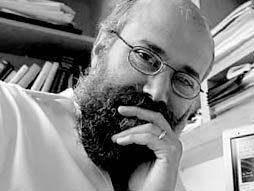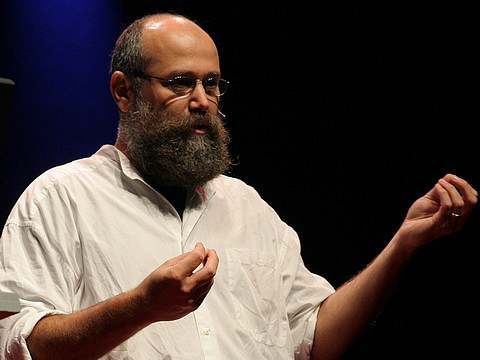Whither Web 2.0?
Via Slashdot, blogger Andrew Keen writes that economic troubles will trigger the decline of the “free” economy, collaboration, and open-source — including communities such as Wikipedia — and even, perhaps, the blogosphere itself. People will be less likely to give away “their intellectual labor on the Internet in the speculative hope that they might get […]
Continue reading
